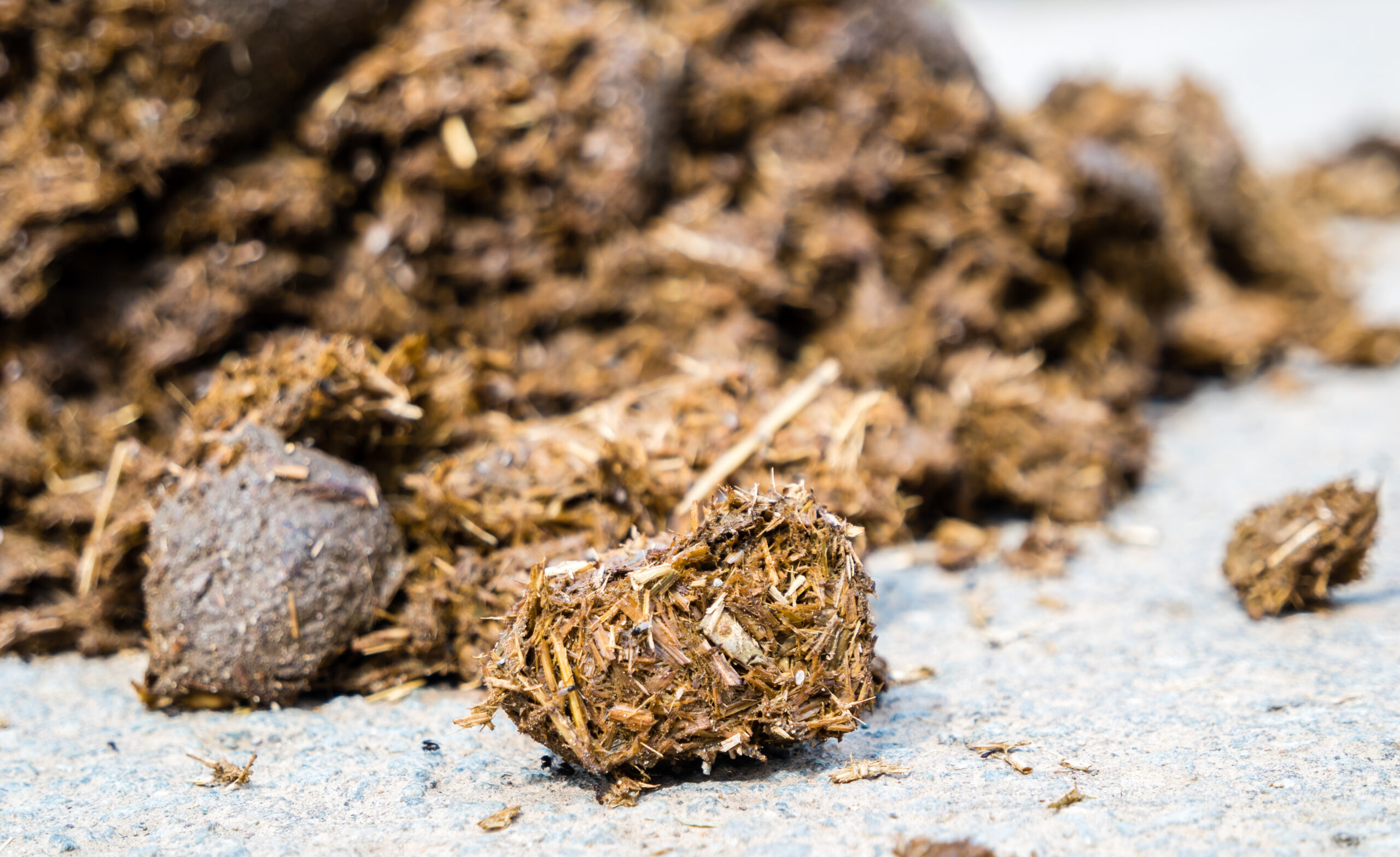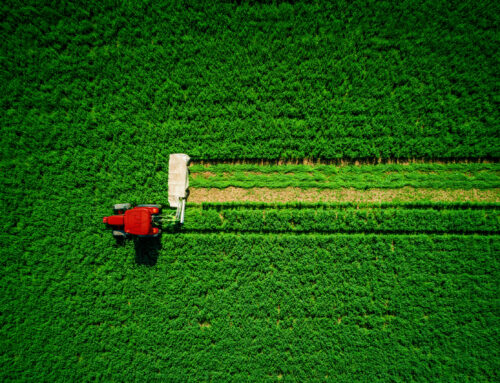
In the realm of waste-to-value technologies, the RSD® dry anaerobic digestion stands out for its exceptional versatility and robustness. This innovative technology excels where traditional liquid biogas plants and plug flow designs falter, offering unparalleled flexibility in feedstock processing and maximizing biogas yields. Here’s an in-depth look at how this technology is revolutionizing the biogas industry.
Unmatched Feedstock Flexibility
One of the most compelling advantages of the RSD® technology is its ability to handle a wide range of feedstocks with varying dry matter content (20%-55%). This flexibility makes it ideal for processing dry and fibrous materials that typically challenge other systems. The types of feedstocks suitable for dry anaerobic digestion plant include:
- Agricultural Residues: Corn stover, straw, and other crop residues.
- Animal Manure: Including fibrous materials like horse manure, even with horseshoes or holsters.
- Municipal Solid Waste: Domestic biowaste, inclusive of packaging and other impurities.
- Industrial Organic Waste: Such as food processing waste and other high-solid-content byproducts.
- Green Waste: Yard trimmings and garden waste.
Maximizing Biogas Yields
RSD® technology is designed to maximize biogas production through its innovative batch mode process. The system uses multiple digester boxes, or “garage digesters,” that operate in a fixed fill-and-empty cycle. This phased batch process ensures continuous biogas production by staggering the loading and unloading of digesters.
Key Features for Maximizing Gas Yields:
- Consistent Biogas Yield: The stationary nature of the substrate during the retention period (18-21 days) ensures a stable environment for anaerobic microorganisms, leading to consistent biogas production.
- Minimal Manual Intervention: Aside from basic loading and unloading, the process requires minimal manual intervention, reducing labor costs and operational complexities.
- No Need for Pre-Treatment: Substrate pre-treatment, such as shredding, is seldom required, making the system more efficient and cost-effective.
Handling Impurities with Ease
A standout benefit of RSD® dry fermentation is its ability to process substrates with impurities. Unlike traditional systems that require clean, homogeneous feedstock, our technology can handle feedstocks containing various contaminants. This capability is particularly advantageous for:
- Domestic Biowaste: Often includes residual materials like packaging, which do not harm the digestion process.
- Animal Manure: Can be processed without removing fibrous or metallic impurities.
After the digestion process, impurities remain as residues and can be easily separated and managed, ensuring that the biogas production remains unaffected.
Robust and Proven Technology
The RSD® technology is not only versatile, but also robust and proven. The design eliminates the need for sensitive stirring and pumping mechanisms, which are prone to failure in other systems. This simplicity reduces maintenance costs and enhances the reliability of the plant.
Benefits of Dry Digestion:
- Reduced Technology Failure: By avoiding floating and swelling layers, the risk of technology failure is minimized.
- Lower Maintenance Costs: The absence of moving parts like stirrers and pumps reduces wear and tear, leading to lower maintenance requirements.
- Continuous Production: The phased batch process ensures that biogas production is continuous and reliable.
Conclusion
The RSD® dry anaerobic digestion technology represents a significant leap forward in waste-to-energy solutions. Its ability to process a wide range of feedstocks, including those with high dry matter content and impurities, sets it apart from traditional systems. By maximizing biogas yields and minimizing operational challenges, RSD® technology offers a robust and proven solution for sustainable energy production.
Whether dealing with agricultural residues, municipal solid waste, or industrial organic waste, our technology provides a flexible, efficient, and reliable method for converting waste into valuable biogas.
